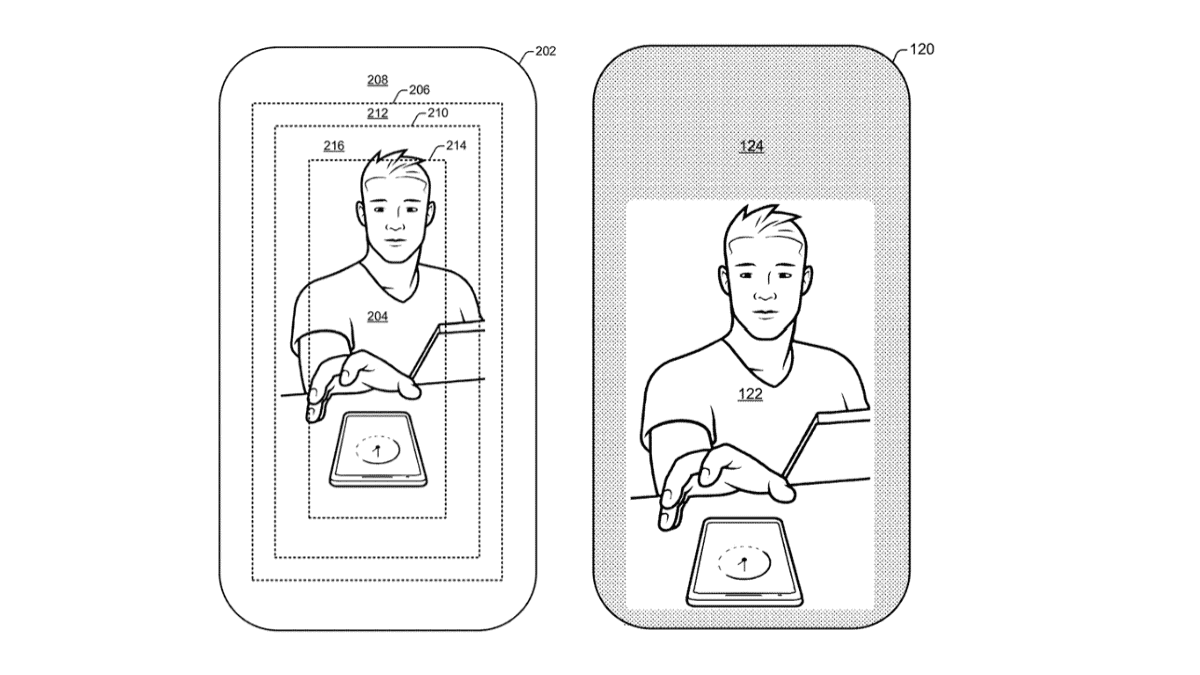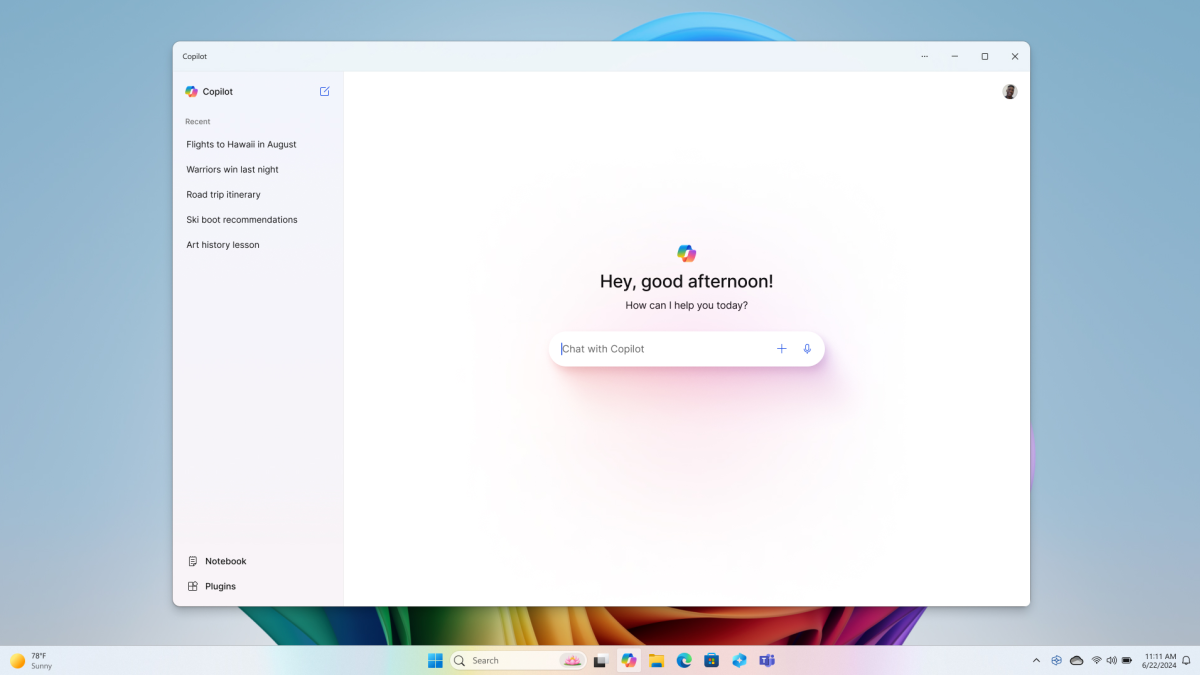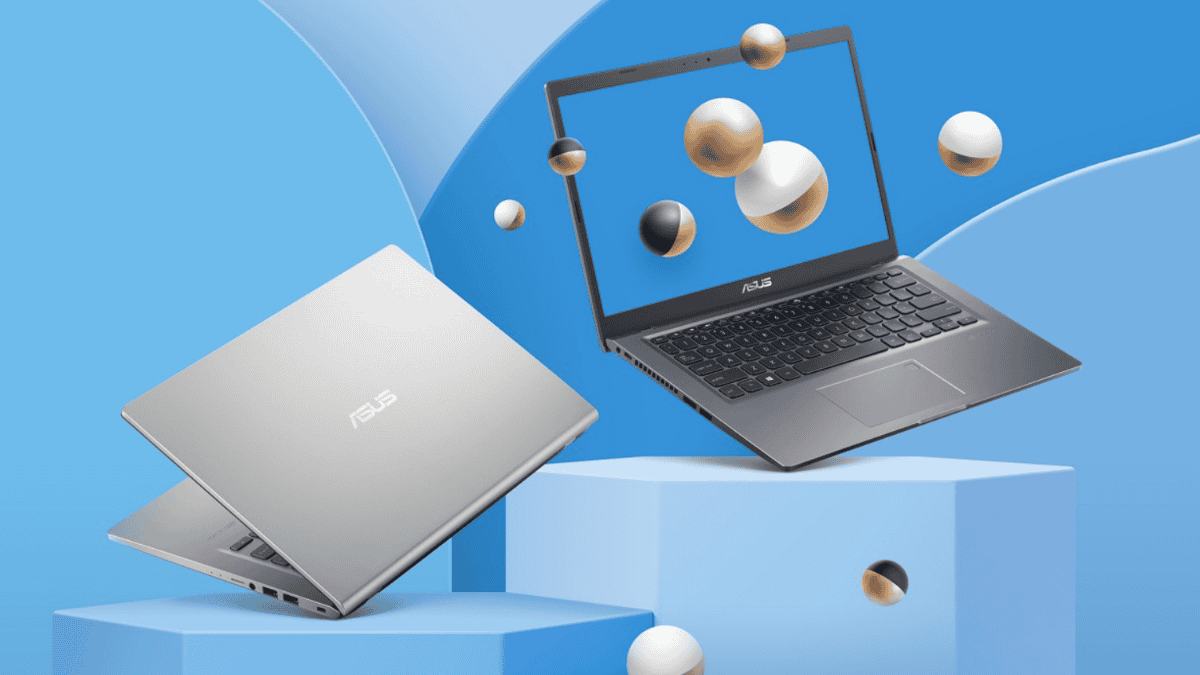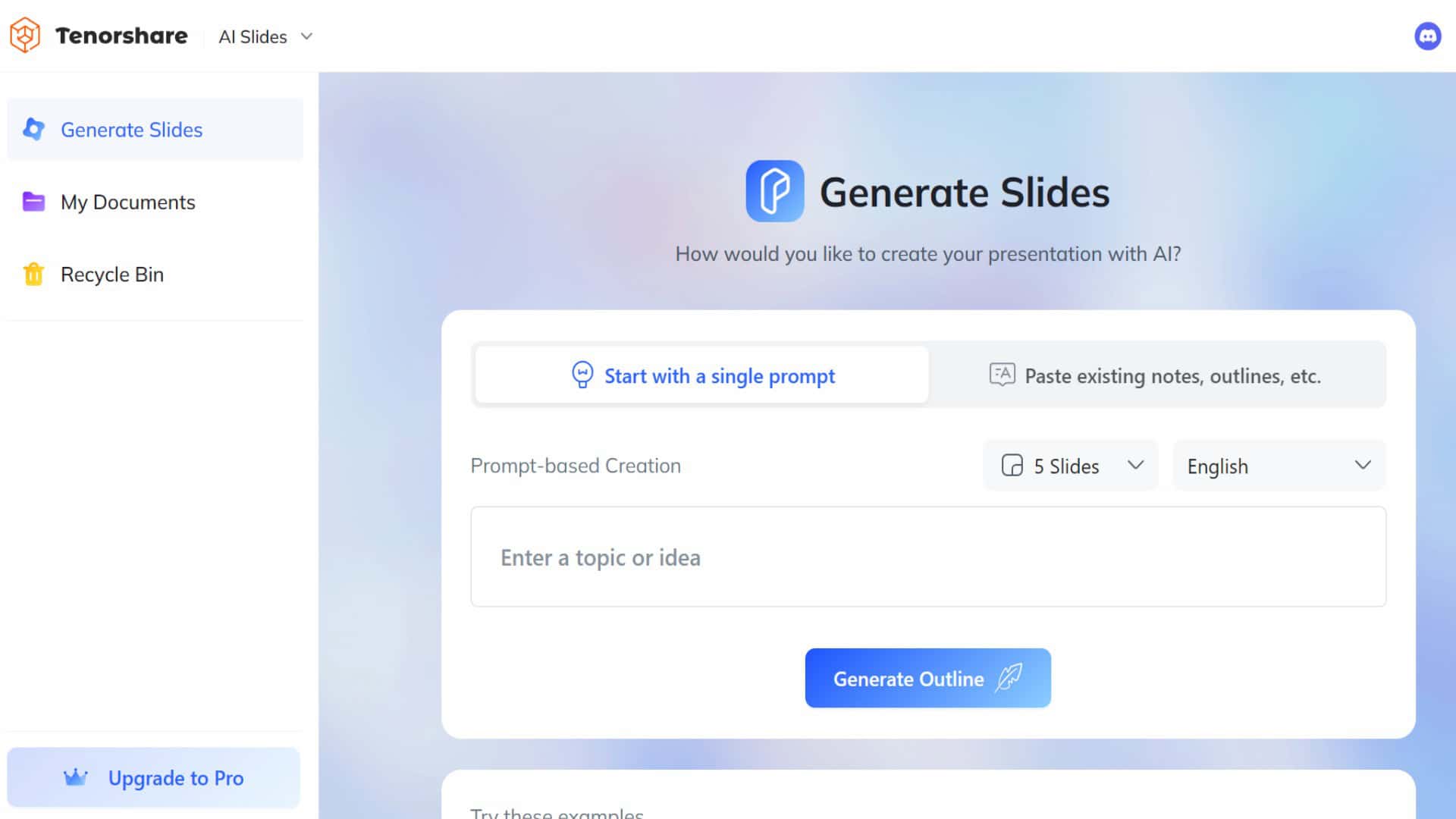Windows Mobile 3rd in Europe, second in Germany, Spain and Italy
2 min. read
Published on
Read our disclosure page to find out how can you help MSPoweruser sustain the editorial team Read more
|
Top Smartphone Platforms |
||||||
| Share (%) of Smartphone Subscribers | ||||||
| EU5 | UK | DE | FR | ES | IT | |
| Total Smartphone Subscribers | 100.0% | 100.0% | 100.0% | 100.0% | 100.0% | 100.0% |
| Symbian | 60.9% | 46.9% | 55.1% | 40.7% | 73.5% | 75.7% |
| Apple | 14.5% | 20.5% | 15.3% | 29.9% | 6.5% | 7.7% |
| Microsoft | 14.1% | 10.7% | 19.9% | 20.0% | 12.8% | 11.4% |
| RIM | 8.3% | 18.7% | 6.8% | 5.4% | 5.2% | 4.7% |
| 2.0% | 3.0% | 2.2% | 3.7% | 1.8% | 0.4% | |
Comscore has released some data from the European market which shows the installed base of smartphones on the continent. It shows quite a variety across the various countries of the union, but overall finds Nokia in a strong lead, with everyone else fighting over the left-overs.
In that group however we have Windows Mobile only slightly behind the iPhone with 14.1% vs 14.5%, and ahead of RIM and far ahead of Android. Except for UK, which mirrors the American market most closely, Microsoft is either second or third, and usually second in the countries listed,
The 5 countries listed have a total of 51.6 million smartphones, and therefore around 7.2 million Windows Mobile devices in the installed base, and around 7.5 million iPhones. Overall European smartphone penetration is higher than USA, implying there are more smartphones in use, but of course the vast majority of these are Symbian phones, which have little presence in USA.
The data from January this year is pretty reflective of current consumer choice, with average retention of phones being about 18 months, meaning most consumers had the chance of choosing most of the other platforms except an Android device. It is also clear that Microsoft has a relatively competitive OS in the market in Europe at least, but that it can not predict it will have a similar response to Windows Phone 7.
Read more analysis of the data at AllaboutSymbian.com









User forum
0 messages